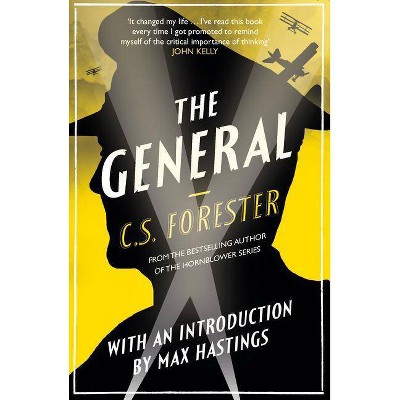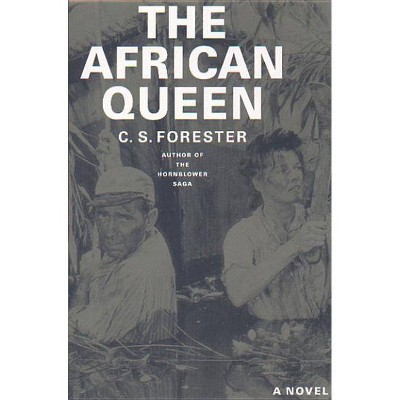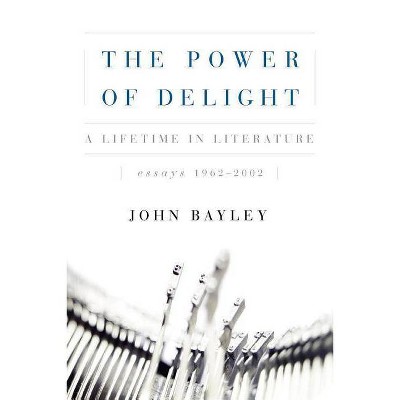Planning in the Face of Power - by John Forester (Paperback)

Similar Products
Products of same category from the store
AllProduct info
<p/><br></br><p><b> About the Book </b></p></br></br>"A major contribution to the theory and practice of planning--an indispensable text for planners and for all those concerned about the future of democratic organizations."--David Held, co-editor, "Classes, Power and Conflict" <BR>"A gem. In fresh and original ways it illuminates the practical, political and bureaucratic dilemmas of professional city planning. It is a penetrating and provocative book and a wise one in many essential matters because it deals with the underlying operational reality on which all American city planning is based."--Norman Krumholz, Past President, American Planning Association (1986-1987) <BR>"Full of insight and fun, Forester's book will direct students and scholars in creative directions."--Aaron Wildavsky, author of "How to Limit Government Spending"<p/><br></br><p><b> Book Synopsis </b></p></br></br>Why do our best-laid plans often over-reach and under-achieve? Why do our attempts to solve problems in some rational way often run afoul of politics and power? Why do we so often accomplish so little, even as we sense that so much more is possible? By looking closely at the work of city planners, <i>Planning in the Face of Power</i> addresses these questions and provides a new way of thinking about the practical and inevitably political work of improving our neighborhoods, schools, community organizations, and the public institutions that shape our lives.<br /><br />Power and inequality are realities that planners of all kinds must face in the practical world. In <i>Planning in the Face of Power</i>, John Forester argues that effective, public-serving planners can overcome the traditional-but paralyzing-dichotomies of being either professional or political, detached and distantly rational or engaged and change-oriented. Because inequalities of power directly structure planning practice, planners who are blind to relations of power will inevitably fail. Forester shows how, in the face of the conflict-ridden demands of practice, planners can think politically and rationally at the same time, avoid common sources of failure, and work to advance both a vision of the broader public good and the interests of the least powerful members of society.<br /><br />This book provides a systematic reformulation of the politics of professional practice in the arena of city planning, public policy making, and public administration and management. It has immediate implications for the study of administration and management and for students of administration and planning in schools of social work, education, and public health. While focusing concretely on problems of planning practice (e.g. planners' sources of influence, their difficulties of listening critically, their understandings of the politics of organizations), <i>Planning in the Face of Power</i> brings to bear a wide range of theoretical insights and so integrates social and political theory with the demands of actual practice. Accordingly, the book will be important to practitioners who seek to understand the pressures they face at work as well as social theorists who wish to integrate theory and practice more powerfully, but will also appeal to the general reader interested in gaining an understanding of the practice of planning in the face of the realities of social equality and power.<p/><br></br><p><b> From the Back Cover </b></p></br></br>A major contribution to the theory and practice of planning--an indispensable text for planners and for all those concerned about the future of democratic organizations.--David Held, co-editor, <i>Classes, Power and Conflict</i><br /><br />A gem. In fresh and original ways it illuminates the practical, political and bureaucratic dilemmas of professional city planning. It is a penetrating and provocative book and a wise one in many essential matters because it deals with the underlying operational reality on which all American city planning is based.--Norman Krumholz, Past President, American Planning Association (1986-1987)<br /><br />Full of insight and fun, Forester's book will direct students and scholars in creative directions.--Aaron Wildavsky, author of <i>How to Limit Government Spending</i><p/><br></br><p><b> About the Author </b></p></br></br><b>John Forester</b> is Associate Professor of City and Regional Planning at Cornell University.
Price History
Price Archive shows prices from various stores, lets you see history and find the cheapest. There is no actual sale on the website. For all support, inquiry and suggestion messagescommunication@pricearchive.us




















